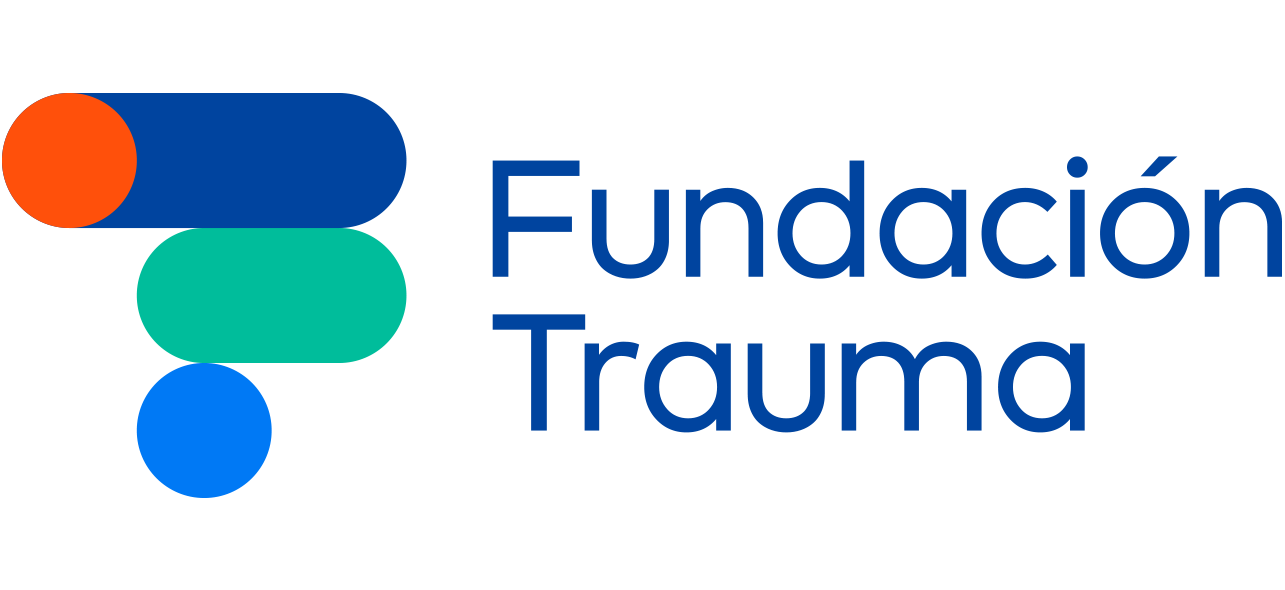Advanced training to strengthen
Advanced training to strengthen the nursing role
Nursing professionals play a key role in trauma care.
They are responsible for providing comprehensive care
to injuredpatients, from the initial assessment to
rehabilitation. They also handle coordination and
communication with healthcareteams and provide
support to patients and their families, accompanying
them throughout the recovery process.
Nursing professionals play a key role in trauma care. They are responsible for providing comprehensive care to injured patients, from the initial assessment to rehabilitation. They also handle coordination and communication with healthcare teams and provide support to patients and their families, accompanying them throughout the recovery process.
What is it
ATCN (Advanced Trauma Care for Nurses) is a training program designed exclusively to provide advanced trauma management skills to nursing professionals.
We promote its development in Argentina in collaboration with national and international scientific organizations. We inaugurated the course in August 2015, becoming the first organization to offer specific training for nurses in Argentina based on international standards.
This marked an achievement for the healthcare sector and an opportunity to strengthen the role of nurses in clinical practice.
Characteristics
- Face-to-face modality
- Bibliographic material: student manual and ATCN and ATLS instructor manual
- Final evaluation
- Certificate delivery
- Credential delivery
- Total duration: two days
- Student workload: 17.5 hours
- Instructor workload: 16.75 hours
- Update workload: 14.5 hours
- Lunches and coffee breaks included
Endorsements
Supported by:
- Society of Trauma Nurses (STN)
Benefits
- Learn the latest evidence-based practices in trauma care.
- Develop the skills and knowledge needed to provide high-quality care to trauma patients.
- Have the opportunity to connect with other nurses interested in trauma care.
- Earn continuing education credits for the course.
Starting Date
- For students: August 19th and 20th, 2023
- For instructors: August 22nd and 23rd, 2023



